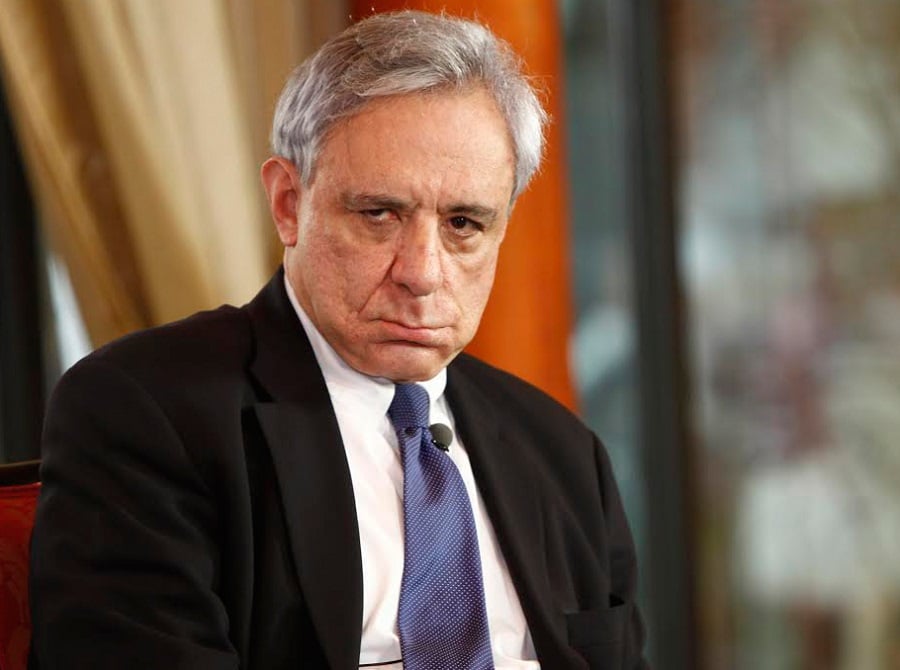I just listened to Nikol Pashinyan’s recent exchange with an Azerbaijani journalist regarding the so-called peace agreement between Armenia and Azerbaijan. Pashinyan also met with the Azerbaijani president in Tirana, Albania—an encounter that, I assume, unfolded in the same spirit: one of submissive pleading, devoid of dignity, national pride, or even the most basic diplomatic assertiveness.
What I heard was not diplomacy. It was desperation. Pashinyan’s words lacked balance, self-respect, and principle. There was no mention—none—of the Armenian hostages still held in Baku, no reference to Azerbaijan’s illegal occupation of sovereign Armenian territory, and absolutely no demand for the right of return for the people of Nagorno-Karabakh, who were forcibly driven from their homes.
This posture of desperation inevitably emboldens Azerbaijan. It places Aliyev in a position of absolute control—free to dictate terms as he pleases, knowing full well that Pashinyan is the one in need of a signature to ensure his own political survival. Aliyev feels no urgency to sign anything. Why would he? He knows that any deal made today is with Pashinyan’s government, not with the Armenian nation. And he understands that Pashinyan’s continued grip on power depends on selling this agreement as an achievement—an illusion of progress meant to distract from a record of catastrophic failures.
Indeed, should this agreement be signed, it will not revive Pashinyan’s political fortunes. On the contrary, it will expose the full extent of his surrender. It will stand as an official record of his failings—a political death certificate dressed up as a peace plan.
The substance of this so-called peace agreement is not peace. It is the result of a brutal and illegal war. It is the product of ethnic cleansing, of a stolen homeland, of the blood of 5,000 young Armenians lost to a campaign of aggression and conquest. It reflects strategic collapse, diplomatic paralysis, and a leadership that has systematically failed to defend even the most basic rights and interests of the Armenian people.
To speak of peace under such conditions is to speak the language of defeat. How can any responsible leader present this document as a roadmap to reconciliation when it ignores the trauma, dispossession, and crimes committed against Armenians? How can any legitimate government sign away the nation’s future in exchange for a piece of paper soaked in coercion, signed under duress, and devoid of meaningful justice?
Read also
Any future government of Armenia—one rooted in democratic legitimacy and guided by the national interest—will have both the legal and moral right to revisit this document. Agreements signed under the threat of war, in the shadow of occupation, and through the erasure of a people’s rights are not peace treaties. They are instruments of coercion. They do not foster reconciliation; they institutionalize injustice.
Pashinyan’s desperation is not peacebuilding. It is a betrayal—of history, of sacrifice, and of the very idea of Armenian statehood. A peace agreement worthy of the name must begin with dignity, justice, and equality—not submission.
Vartan Oskanian
Armenia’s former foreign minister



















































